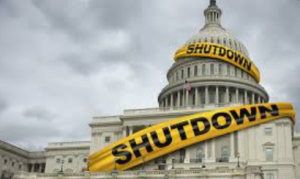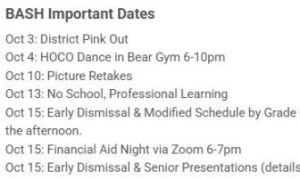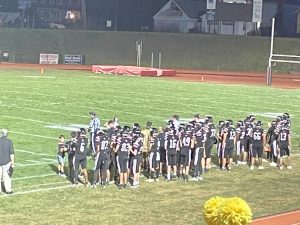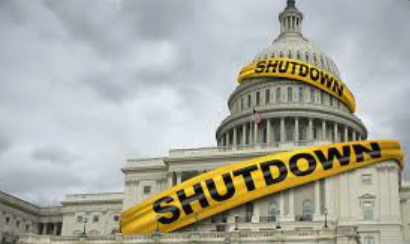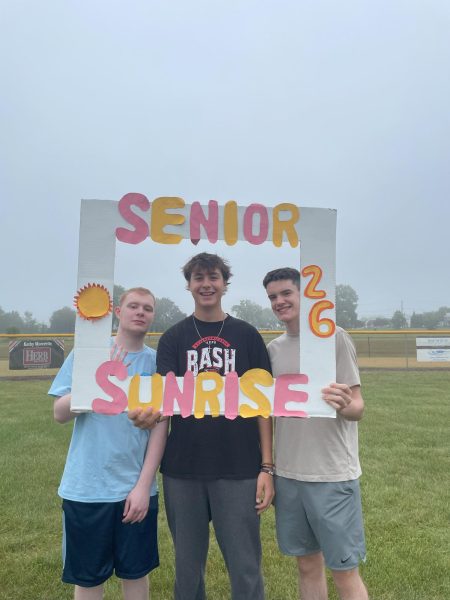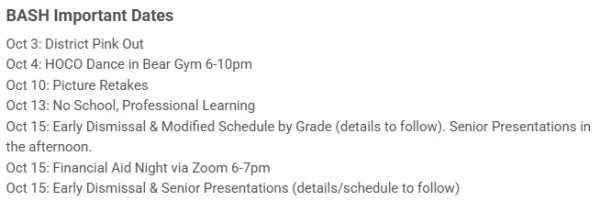Mixed Reaction to Ban on Transgenders in Military

A protest of Donald Trump’s ban on transgender military service.
Student reaction to a ban on transgender Americans in the military, which was upheld by the Supreme Court last month, is mixed. Some transgender students feel betrayed by the government, while other students feel the ban is justified.
The mixed reaction reflects public opinion about the issue. A Rasmussen Reports national telephone and online survey taken right after the ban was announced found that 43% of Likely U.S. Voters favor allowing transgender people to serve openly in the military. Just as many (44%) oppose it, but 13% are undecided.
One BASH transgender NJROTC student, who has always dreamed of joining the military, is against the ban, saying the announcement completely disrupted their life.
“I cried. That was a bad night. You have all of these people willing to sacrifice their life for their country, and basically the country is like no we don’t want you because you’re different than us,” the person said.
The president announced on Twitter in 2017 that the country would no longer “accept or allow” transgender Americans to serve in the military. The then Defense Secretary Jim Mattis refined the policy to limit it to individuals with a history of gender dysphoria, or when a person’s biological sex and identity does not match. He said the new policy would make exceptions for several hundred transgender people already serving openly or willing to serve “in their biological sex”.
The U.S. Supreme Court voted 5-4 last month to grant a Trump administration request to lift injunctions blocking the policy while challenges continue in lower courts.
Trump’s tweet about the ban said the military “cannot be burdened with the tremendous costs and disruption that transgender in the military would entail.”
One NJROTC student said he understood that reasoning.
“From what I’ve heard it was mostly based on the fact that they didn’t want to cover all of the health problems and pay for the transition surgery.”
However, the ban also blocks post-transition trans people, whose transition would have already be paid. Furthermore, it specifies that trans people who have not been diagnosed with dysphoria can join, but they must enlist under the sex they were assigned at birth.
The student who supports the ban made the point that gender dysphoria is a mental disorder, and even after people transition, the suicide rates for that group are astronomically high, and that “those with a mental health issue can’t serve.”
Trans students point out that this doesn’t change the fact that our their dreams for the future have just been shattered.
“I can’t do what I love and I can’t fight for the country I love because I wasn’t born in the right body, and I had to make changes to make myself feel better,” the trans NJROTC student said.
This student has been planning on enlisting in the military since they were young, but now has to make other plans.
“It seemed like the best option with my skill set and it’s kind of like in my family a little. [After the ban] I was told I should be a security guard or a police officer, but who knows.”

Marlaina is a sophomore who loves to read and write. In junior high, she wrote for the East Observer, but thinks writing for the BASH Cub is much more...

